14,000 tweets in one day
This was the effect of Gordon Brown’s blunder when he referred to Gillian Duffy, a long-time Labour party supporter a “bigoted woman”. It is a moment begging the question: what role does the internet play in informing voters about what really matters to them? And what are the online consequences following blunders or unmasked Television programming? It has been one of the most unusual elections in many years and social media is on everyone’s lips these days but when we get back to basics and take a look at what is it that has been driving people’s investigations and what is it that seems to be shifting opinions in cyberspace, we find compelling signals.
Search Suggestions
Google suggests that the Liberal Democrats’ ‘policies’ has been the most likely search one might want to make if ‘liberal democrats’ has been typed into its search box. ‘party policies’ comes in 5th when typing ‘Labour’ and Conservatives delivers it’s ‘policies’ second only to ‘.com’, suggesting that the conservative and Liberal Democrats researchers are more driven to the party policies than the Labour party researchers.
Search Insights
Of course we cannot ignore search activity around the manifestos. Despite the Liberal democrats’ competitive leap into the online search-share (as seen in the next graph), their search-share for ‘manifesto’ related queries lagged far behind.
We have been used to a two party race for a long time now and this year, it looks like the British online community are mirroring the general consensus that voters are fed-up with the same old game of ping-pong between the Conservative and Labour parties over so many years. The surge in Liberal Democrat competitiveness online, along with the neck-and-neck split between the Labour and Conservative parties to-date are telling. There were no surprises in 2005 and yet the day after this year’s first televised debate we can see a boost in share of search requests. Liberal Democrats may have stolen the show. In contrast, the conservatives drop down to labour’s share size, despite having almost twice as many Twitter followers; 29k vs 15.5k and the Liberal Democrats with only 18k. Of the various opinion polls, as made available at the BBC’s Election 2010 page, we can see that the Ipsos-Mori poll matches the overall trends we see online with Google’s Insights for Search.
YouTube Suggestions
YouTube searchers certainly signal a troubled online campaign for the Conservative party, with search suggestions appearing upon entering ‘conservatives’ into its search box such as ‘are ignorant’, are retarded’, ‘owned’. That is until we find that the third highest search suggestion for the Liberal Democrats is being ‘owned’ by the Conservative party with a paid/promoted video poised at the top of the results page titled ‘Labour have failed’. This promoted video also overshadows the same search result page but for the labour party with the search phrase ‘labour party political broadcast’. Sneering comments or unusual search behaviour will be revealed by Google’s keyword tool next month, but until then, Google’s suggestions and retrospective Insights make for fascinating perusing.
Nothing like the Obama Girl could have been imagined in the UK and despite being smack bang in the middle of a social media revolution, none of the UK parties have really managed to embrace and then maximise the opportunities available to them online. One nil to USA; unless one of the parties still has a secret viral weapon that could pull them out of the trenches of hand-to-hand combat.
Political Transparency Online
As far as keeping voters informed goes, Labour hosts 5,030 web pages, the Conservatives in second place host 12,800 pages and in first place the Liberal Democrats with not only 22,000 pages indexed by Google but a website I deem as being the best of the three, somewhat confirmed by the data revealed by Alexa, displaying Liberal Democrats as having the lowest bounce rate and the greatest number of page-views per person.
Are we seeing a precursor to a revolutionary change in the way our government will be run? For now, a hung parliament looks like the smart bet and this data does nothing to shift that likelihood but only time will tell if this turn of events will ultimately lead to a greater level of transparency by the political parties and a more informed voting public, online as well as off.

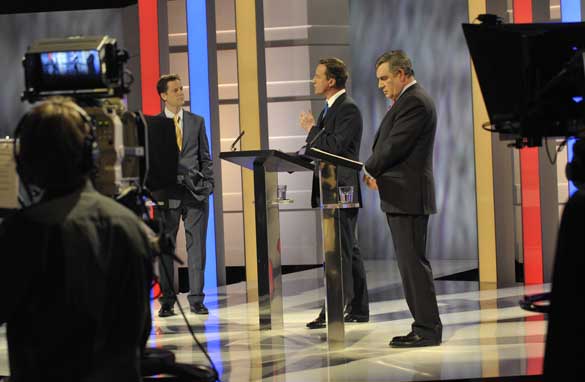
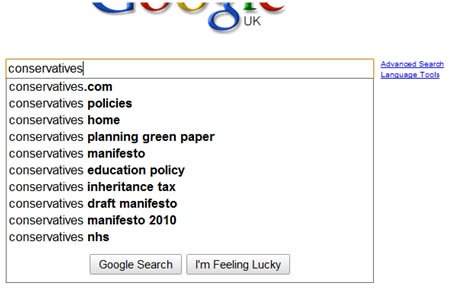
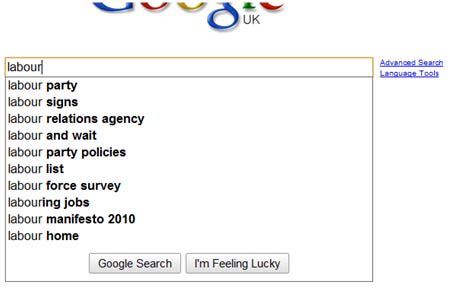
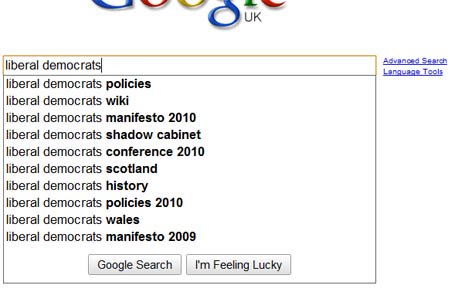
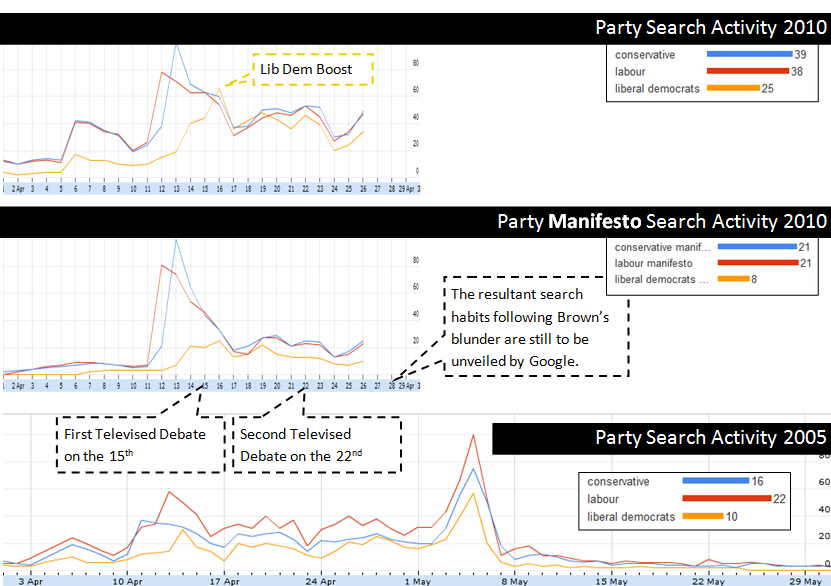
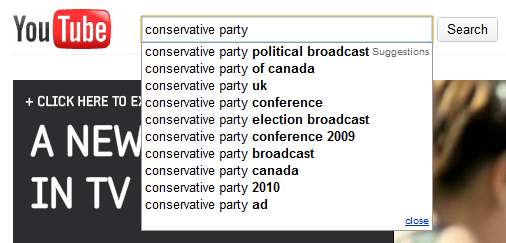
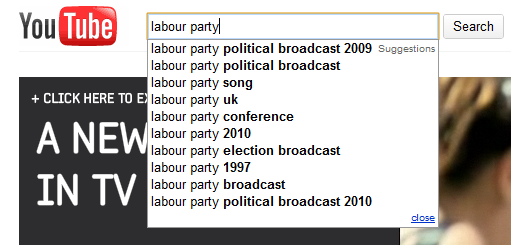
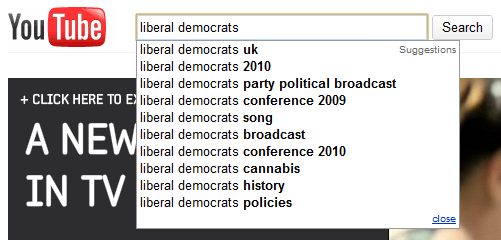
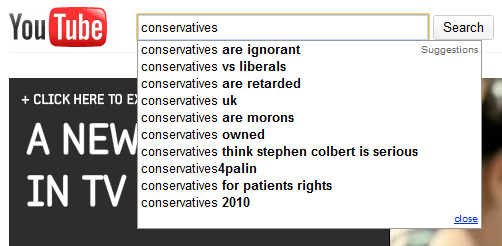
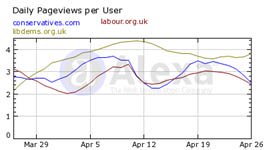
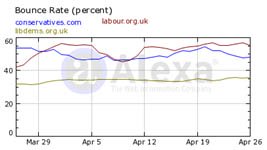

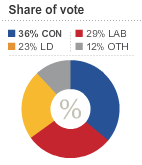
1 Comment. Leave new
[…] This post was mentioned on Twitter by Link Juice App, Omar Mossadek. Omar Mossadek said: Election Search Trends were not far from the actual voting numbers: http://mossadek.com/election-insight […]